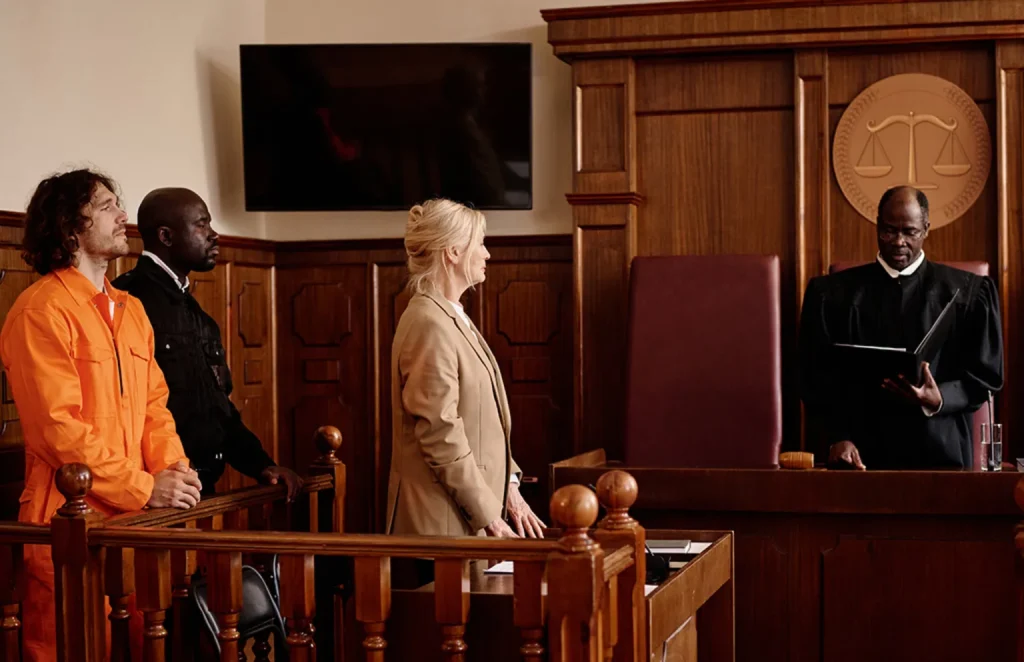Supreme Court
So what is the final stopping place that is the ultimate authority on Delaware law? The Delaware Supreme Court. As the highest court in the state, the Supreme Court has final appellate jurisdiction in criminal matters and civil final judgments from the Superior Court and specific orders from the Family Court and the Court of Chancery. The …




